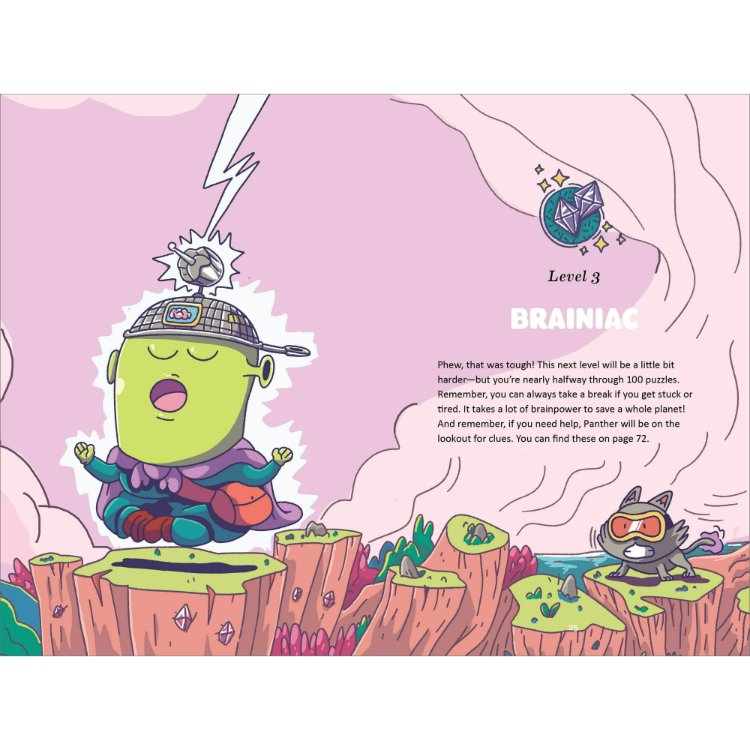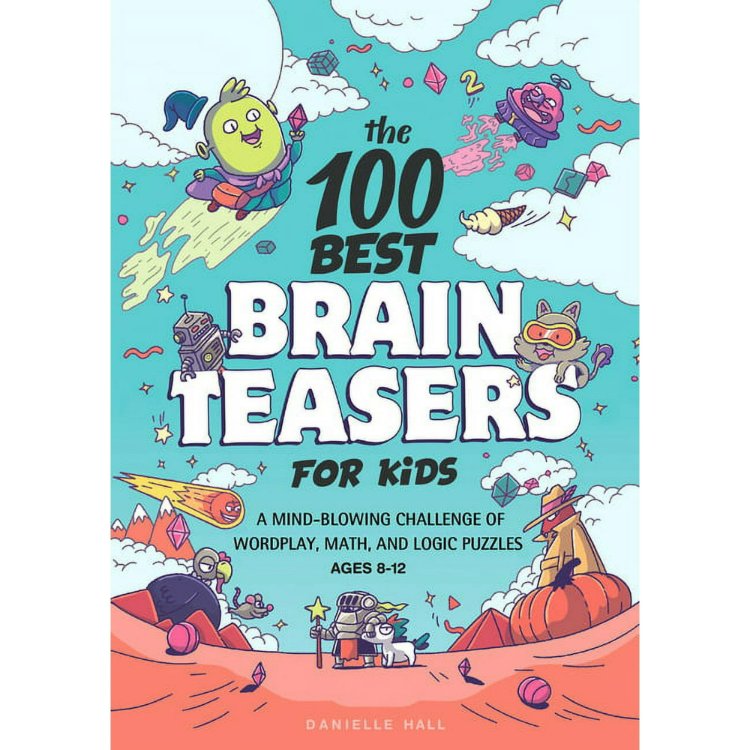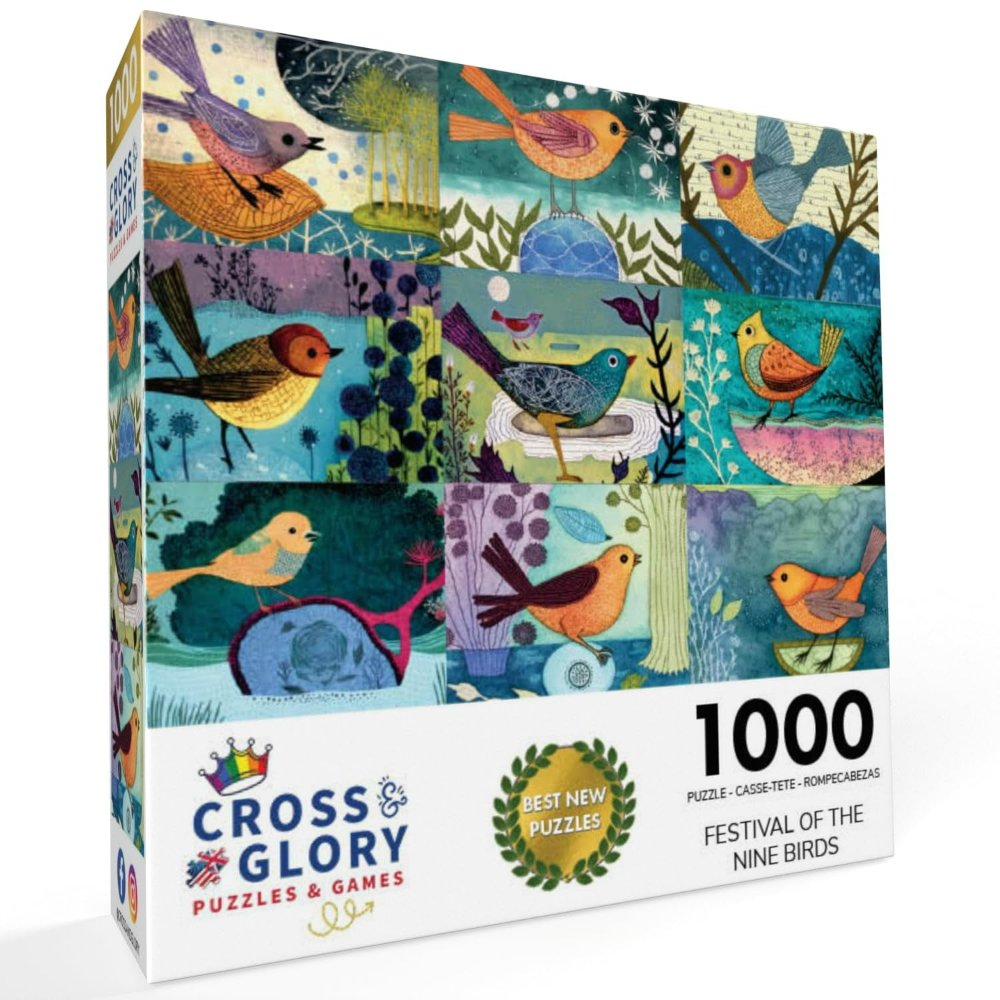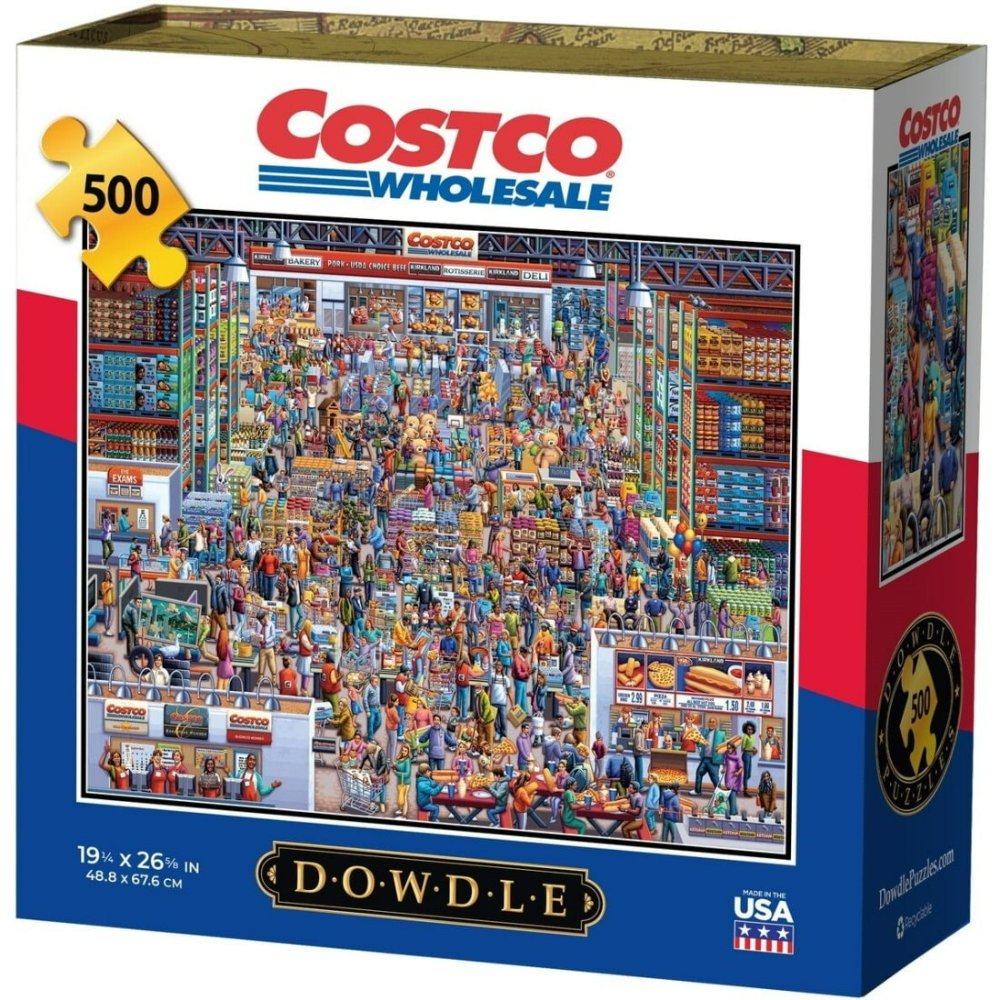The Benefits of Logic Puzzles for Child Development
Engaging in logic puzzles for kids offers multiple benefits that touch on various aspects of child development. Here are some noteworthy advantages:
- Enhances Problem-Solving Skills: Logic puzzles encourage kids to think critically and establish strategies to arrive at solutions, strengthening their problem-solving abilities.
- Improves Cognitive Skills: These puzzles boost mental processes such as perception, memory, and reasoning. Children learn to recognize patterns, understand sequences, and make connections between different elements.
- Stimulates Intellectual Curiosity: Kids become inquisitive as they explore and solve logic puzzles. This curiosity is vital for lifelong learning and discovery.
- Develops Patience and Persistence: Logic puzzles can be challenging. Working through difficulties teaches kids to be patient and persistent in seeking solutions.
- Boosts Confidence: As children solve puzzles, they experience a sense of accomplishment. This success builds their self-esteem and confidence in their cognitive abilities.
- Teaches Decision-Making: While solving puzzles, children make choices and face consequences, which is an excellent exercise in decision-making skills.
- Social Skill Enhancement: When kids work on logic puzzles together, they learn to communicate, share ideas, and collaborate effectively.
- Fun Way to Learn: Most importantly, logic puzzles are fun! They provide a stress-free way to learn that doesn’t feel like traditional studying.
By regularly introducing logic puzzles into their routine, kids gain invaluable skills that will support them in academics and beyond.

Types of Logic Puzzles for Different Age Groups
Introducing logic puzzles to kids should align with their developmental stages. Here’s a breakdown of puzzle types tailored for various age groups:
Toddlers and Preschoolers
For the youngest minds, puzzles should be simple and visually engaging. Think of puzzles with basic shapes, colors, and patterns. Match-the-shape puzzles and easy mazes nurture early problem-solving skills.
Elementary Age Children
At this stage, kids are ready for more complexity. Classic jigsaws, Sudoku, and crossword puzzles suit them well. These enhance their cognitive skills and keep them intrigued.
Tweens
Tweens enjoy puzzles that challenge their reasoning. Brainteasers, logic grid puzzles, and riddles are great options. These types encourage deeper thinking and strategy development.
Teenagers
Teenagers have the capacity for abstract reasoning. Logic puzzles like sophisticated Sudoku variations, cryptic crosswords, and complex brain games fit them best. They present a higher difficulty level that teens find rewarding.
Selecting the right type of logic puzzle for kids at different ages is crucial. It ensures the benefits align with their abilities. Moreover, it keeps them motivated and eager to solve more. When picking logic puzzles for kids, consider their interest and skill level to make the experience both educational and enjoyable.
How to Introduce Logic Puzzles to Kids
Introducing logic puzzles to kids requires some thought and planning. Here’s a guide on how to get started:
- Start Simple: Begin with easier puzzles. This avoids frustration and keeps interest high.
- Make it a Habit: Set aside dedicated time for puzzles. Regular practice builds skills.
- Involve Them in the Process: Let kids pick the puzzles they like. This gives them control and motivates them.
- Step-by-Step Guidance: Offer help but let them think for themselves. This improves their problem-solving skills.
- Mix It Up: Use various types of logic puzzles for kids. A mix stops boredom and challenges them in new ways.
- Celebrate Successes: Cheer small victories to boost their confidence.
- Keep it Fun: Remember, enjoyment is key. Keep sessions light and playful.
Picking the right time and approach to introduce logic puzzles for kids can make a world of difference. Start with simple puzzles and gradually increase the challenge as their skills develop. By making puzzle-solving a regular and enjoyable activity, children will look forward to these engaging sessions. With patience and encouragement, kids will be solving logic puzzles with enthusiasm and skill.

Online Logic Puzzle Resources for Kids
Discovering online resources for logic puzzles can open up a world of learning and fun for kids. Here’s how you can use these resources effectively:
Easy-to-Use Websites
Look for websites that offer a range of logic puzzles for kids. These should have simple navigation and clear instructions. Sites with a variety of puzzles keep children engaged while helping them learn new skills.
Interactive Puzzle Games
Interactive games make problem-solving exciting. Find games that have different levels of difficulty so kids can progress at their own pace. They provide immediate feedback and often have colorful animations that kids love.
Online Communities and Forums
Some websites have communities where kids can exchange tips and solutions. These forums encourage social interaction and collaborative problem-solving. Make sure they’re moderated and kid-friendly.
Educational Platforms
Many educational websites include logic puzzles as part of their curriculum. These platforms often align with school standards and make learning integrated and fun.
Apps with Puzzle Challenges
There are numerous apps designed specifically for logic puzzles for kids. Choose apps that are user-friendly and have good reviews from parents and educators.
Remember to monitor your kids’ online activity and ensure they use safe and age-appropriate websites. With the right resources, logic puzzles can be a fantastic way to challenge your child’s mind and enhance their cognitive skills.
Printable Logic Puzzles for Hands-On Experience
In addition to online resources, printable logic puzzles offer valuable hands-on experience for kids. These printable puzzles come with the benefit of screen-free engagement, promoting a deeper level of focus and concentration.
- Tangible Interaction: Working with physical puzzles allows kids to manipulate pieces directly, fostering fine motor skills.
- Annotation Options: Kids can scribble, mark, and take notes on paper puzzles, aiding their problem-solving process.
- Flexible Pacing: Children can solve printable puzzles at their own speed, without the distractions often found in digital environments.
- Versatility: These puzzles can be used anywhere, making them perfect for car trips, waiting rooms, or quiet time at home.
- Customization: Parents and educators can choose puzzles tailored to each child’s interest and difficulty level, ensuring a match with their developmental stage.
Printable logic puzzles for kids are a fantastic way to engage young minds in cognitive challenges. They encourage kids to work independently or collaborate with peers and family. Whether you’re at home or on the go, these puzzles are a great tool to carry along. Remember to select puzzles that align with the interests and skills of your kids to maximize both their learning potential and their enjoyment.

Logic Puzzles in Educational Settings
Incorporating logic puzzles within educational settings enhances learning in many ways. Here are some benefits and approaches to using these puzzles in classrooms and homeschooling environments:
- Complements Curriculum: Logic puzzles can align with educational standards and subjects, reinforcing concepts taught in math, language arts, and critical thinking lessons.
- Group Dynamics: They encourage teamwork among students. Solving puzzles in groups fosters collaboration and social skills.
- Diversifies Teaching Methods: Puzzles serve as an alternative teaching tool. They offer a break from traditional lectures and textbooks, keeping students engaged.
- Assesses Problem-Solving Abilities: Educators can use logic puzzles to evaluate students’ critical thinking and problem-solving skills in a practical context.
- Fits Various Learning Styles: Some students learn best through hands-on activities. Logic puzzles cater to visual and kinesthetic learners.
- Encourages Independent Learning: Giving students puzzles to solve on their own can build their confidence and autonomy in learning.
- Flexible Difficulty Levels: Puzzles can be adjusted for different skill levels. This ensures all students are appropriately challenged.
Selecting the right logic puzzles for kids in educational settings is crucial. It keeps learning exciting and tailored to each student’s needs. Teachers and homeschooling parents can use puzzles as a dynamic part of their teaching toolkit to complement the curriculum and enhance the educational experience.
Tips for Solving Logic Puzzles With Your Kids
Here are some effective strategies to help your kids solve logic puzzles:
- Encourage a Systematic Approach: Teach your kids to tackle puzzles in an orderly way. This prevents confusion and ensures they don’t miss any steps.
- Break Down Complex Problems: Help them learn to divide larger puzzles into smaller, more manageable parts. This method simplifies solving and reduces overwhelm.
- Promote the Use of Clues: Guide them to pay close attention to the given clues, as these often hold the key to unlocking the puzzle.
- Stress on the Importance of Patience: Remind them that not all puzzles are solved quickly, and it’s okay to take their time to think.
- Teach the Value of Deductive Reasoning: Encourage kids to think logically by eliminating options that don’t fit. This helps arrive at the right solution.
- Provide Examples and Walk-throughs: Show them how to solve a similar puzzle. This can give them a pattern to follow in future puzzles.
- Use Hints Sparingly: Offer hints when they’re truly stuck, but don’t give away the answer. This builds their independent thinking skills.
- Encourage Questions and Discussions: Have them talk about the puzzle and ask questions. This can help them work through their thought process.
- Avoid Over-assistance: Let them make mistakes. Errors are learning opportunities that encourage improvement and perseverance.
Using these tips, you can support your kids in developing their logic puzzle-solving skills in an effective and enjoyable way. Always remember to balance guidance with their need for independence.
Logic Puzzle Games and Apps for Kids
In a digital age, logic puzzle games and apps offer kids a modern way to engage in problem-solving. These resources make learning adapt to kids’ preference for technology, and they come with various benefits:
- Wide Range of Options: With countless apps and games available, parents can find something that matches their child’s interest and level of competency.
- Interactive Learning: These platforms provide hands-on, interactive opportunities for children to learn and apply logic skills.
- Instant Feedback: Digital games often give immediate responses to actions, helping kids understand their mistakes and learn from them quicker.
- Portability: Apps allow kids to take puzzles everywhere, making it easy to practice logic skills on the go.
- Engaging Formats: Colorful graphics and fun characters often found in apps can make logic puzzles more appealing to children.
- Adjustable Difficulty Levels: Games and apps usually offer various levels of difficulty, ensuring an appropriate challenge for kids at different stages of learning.
To use logic puzzles games and apps effectively with your kids, remember to:
- Choose Age-appropriate Options: Select games suited for your child’s age group to ensure they are not too tough or too simplistic.
- Monitor Their Usage: Keep an eye on time spent on electronic devices and set limits to avoid excessive screen time.
- Encourage Balance: Mix digital puzzle solving with other types of learning to provide a well-rounded educational experience.
Finding the right balance of logic puzzles for kids, through both digital and non-digital means, can stimulate their minds and keep them entertained. Always be on the lookout for new and exciting apps and games that can add value to your child’s problem-solving skill set.


